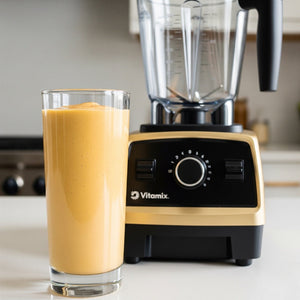Vitamin D (also referred to as “calciferol”) is a fat-soluble vitamin that is naturally present in a few foods, added to others, and available as a dietary supplement. It is also produced endogenously (in your human body!) when ultraviolet (UV) rays from sunlight strike the skin and trigger vitamin D synthesis.
Vitamin D promotes calcium absorption in the gut and maintains adequate serum calcium and phosphate concentrations to enable normal bone mineralization and to prevent involuntary contraction of muscles (basically cramps and spasms). It is also needed for bone growth and bone remodeling by osteoblasts and osteoclasts (want to fight osteoporosis? D3 + K2 + sunshine + weight training is the formula). Vitamin D has other roles in the body, including reduction of inflammation as well as modulation of such processes as cell growth, neuromuscular and immune function, and glucose metabolism.
In a pandemic, during flu season and for overall health we need to GET OUTSIDE daily, supplement proactively and eat a plentiful amount of Vitamin D-rich foods.Vaccine opinions and decisions aside, there is a substantial amount of data, including six published and 12 in process randomized controlled trials, supporting the supplementation of Vitamin D3.We have always known Vitamin D was supportive of staving off respiratory infections but maintaining optimal levels of Vitamin D3 (25-OH Cholecalciferol) between 45ng/ml, and 55ng/ml should be the goal through this flu and covid season.
Analysis of the randomized controlled trials shows that over 30ng/ml is associated with the least risk of severity and mortality of Covid. In contrast, a deficiency under 20 ng/ml is associated with a 3x more significant risk of contracting the virus, a 5x greater risk of a severe case, and a 4x higher mortality risk. Before you douse yourself in D3, an inverse relationship begins above 100ng/ml.
Take proactive control of your health by testing, supplementing, and living to optimize your Vitamin D!
-
Get tested: The Vitamin D test you need is called 25-OH vitamin D, and knowing your levels will help you supplement right. You can ask your doctor to call for it or quickly sign up at a Quest Lab* location near you, which offers the cheapest/more efficient testing at $69.00. Suppose you haven't had a blood draw in a while or don't currently have a primary care physician. In that case, I recommend the Comprehensive Health Profile test, which includes Vitamin D, hs-CRP, and A1C, the gold standard for inflammation and blood sugar control. (*I have no financial relationship with Quest.)
- Supplement consistently: It takes an average of 5 days to maximize Vitamin D blood levels, and inflammation can interfere in elevating these levels, so supplementing before you contract Coivd is key. Omicron is the most contagious variant; contraction and transmission have increased regardless of vaccine status, so please augment. My free vitamin guide details dosage and brand recommendations for D3.
-
Eat your Vitamins: Incorporating the following foods can support your body levels of Vitamin D3 to support immune function, blood glucose control and, calcium absorption. My favorite Vitamin rich foods include cod liver oil, fish, egg yolks (pastured if you can!), liver, and beef. If your not a huge fan of eating liver, I recommend trying out Force of Nature ancestral blends, which incorporates organ meat into beef so you don't have the same gammy texture of liver but all the benefits. Use code Kelly10 to receive 10% off your purchase at Forceofnature.com!
-
Get outside, sans sunscreen: Vitamin D researchers suggest approximately 5–30 minutes of sun exposure, particularly between 10 a.m. and 4 p.m., either daily or at least twice a week to the face, arms, hands, and legs without sunscreen usually leads to sufficient vitamin D synthesis, but again, you won’t know until you test.
The moral of the story is to eat real food and get outside because nature is pretty dope!






